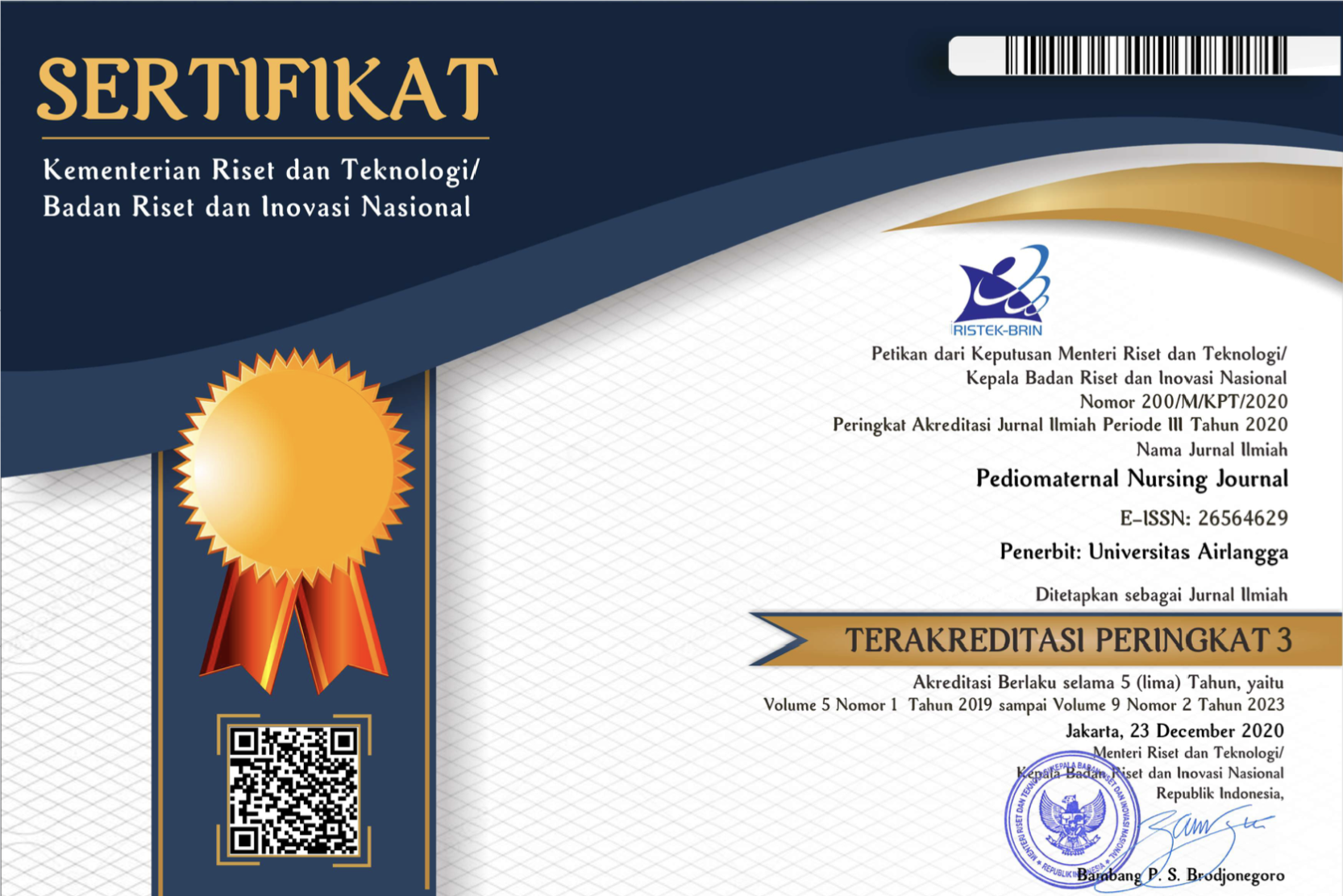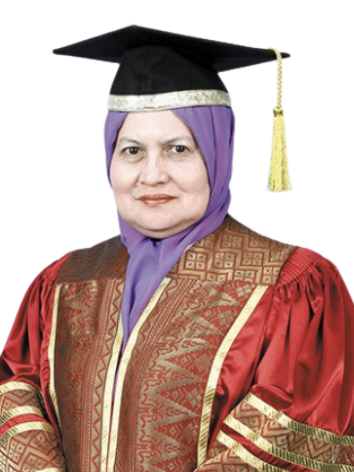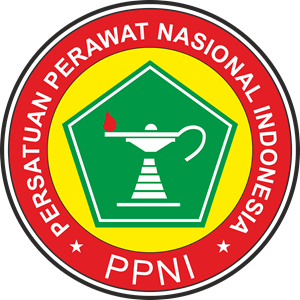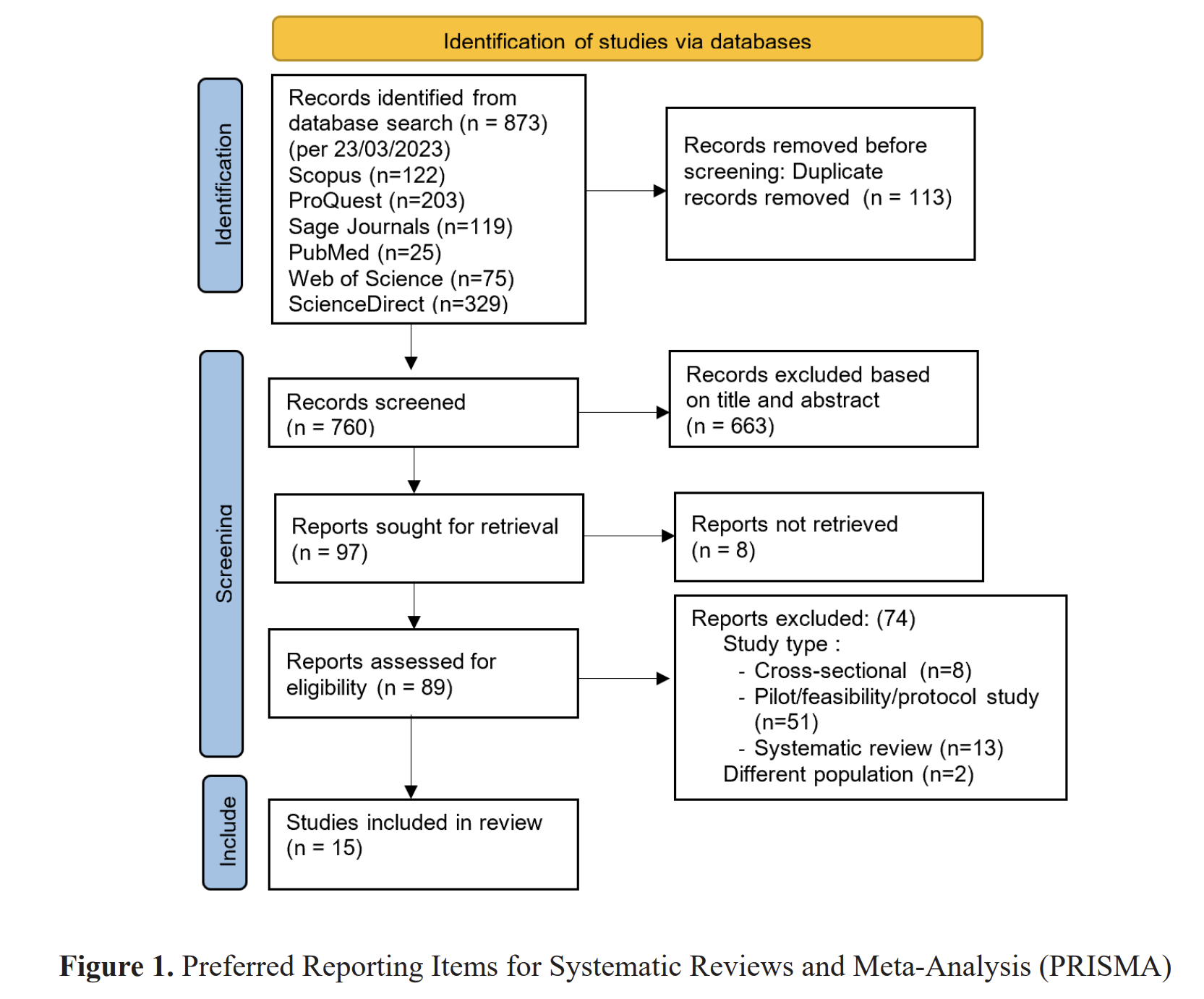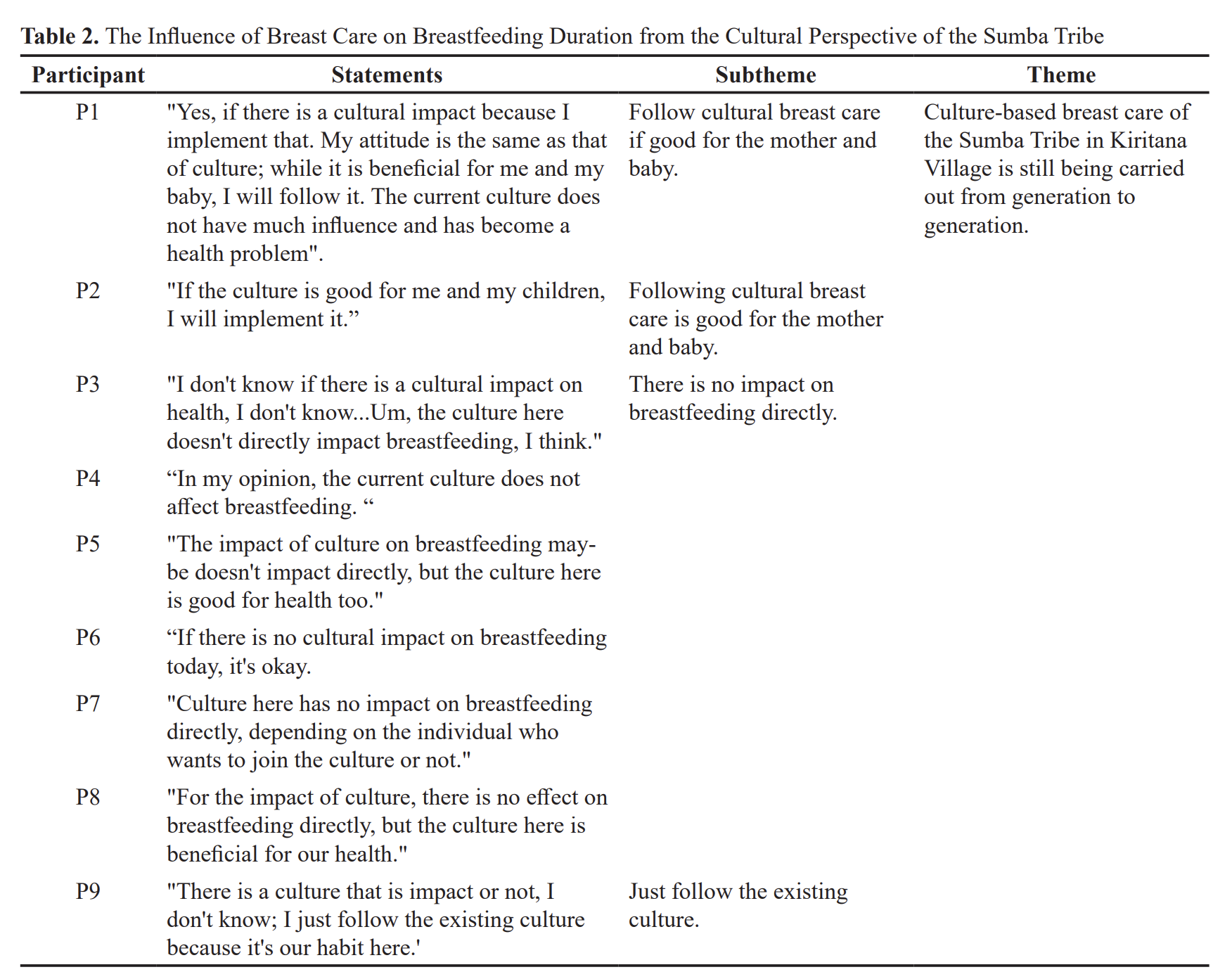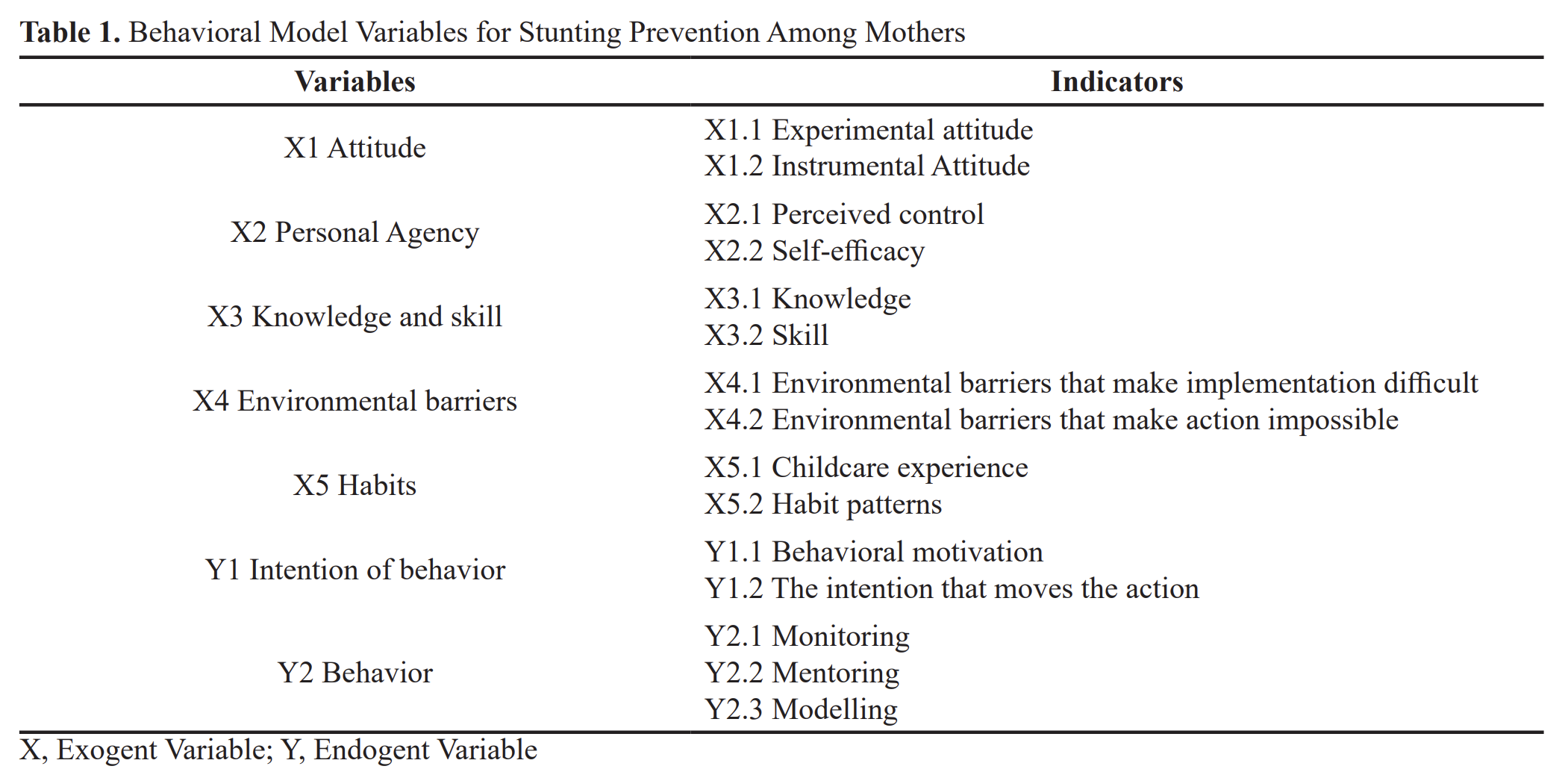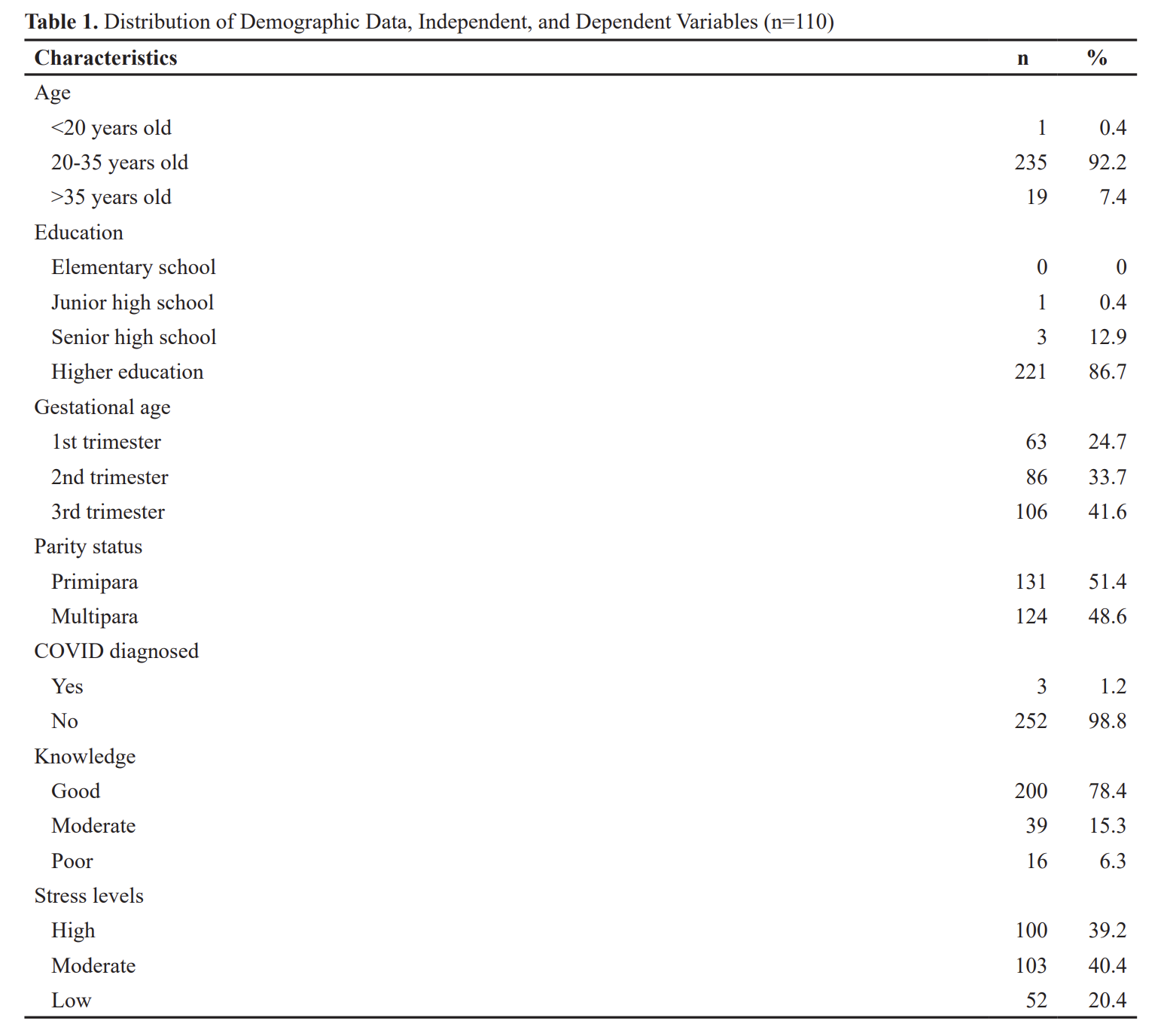Education and Training of Posyandu Cadres on Multisensory Stimulation in Infants
Downloads
Pendahuluan: Perkembangan merupakan aspek penting dalam kehidupan anak terutama dalam tahun pertama kehidupan bayi. Keterampilan tentang stimulasi multisensory harus dimiliki oleh orang yang memiliki peran penting dalam memberikan informasi tentang kesehatan kepada ibu-ibu di masyarakat yaitu Kader posyandu
Metode: Kegiatan dilakukan melalui pendidikan kesehatan dan pelatihan kepada kader Posyandu. Evaluasi dilakukan menggunakan kuesioner pre dan post test.
Hasil: Terdapat peningkatan rerata nilai hasil kuesioner dari skor rerata 7,65 menjadi 9,6.
Diskusi :Kader kesehatan merupakan penyambung atau penyedia informasi kesehatan primer kepada masyarakat secara langsung. Peran kader sebagai penyedia informasi harus ditunjang oleh pengetahuan dan pemahaman yang kuat tentang materi stimulasi multisensory.
Arifin, Hidayat. 2017. Pengaruh Pendidikan Kesehatan: Participant modeling terhadap Pengetahuan dan Keterampilan Ibu dalam Stimulasi Multisensori pada Bayi. Skripsi. Surabaya : Universitas Airlangga.
Gabis, L., 2015. The Influence of Multisensory Intervention for Preterm Infant Provided by Parents, on Developmental abilities and on Parental Stress Levels. J Child Neurol, 30(7), pp.896–903.
IDAI, 2013. Ikatan Dokter Anak Indonesia: Keterlambatan Perkembangan Umum Pada Anak.
Suparyanto, 2011. Konsep Pengetahuan, diakses tanggal 10 Oktober 2017 dari http://drsuparyanto.blogspot.co.id/2011/08/ko
nsep-pengetahuan.html.
White, T.R., Nelson, M. & Silvestri, J., 2002. Effect of Auditory, Tactile, Visual, and Vestibular Intervention on Length of Stay, Alertness, and Feeding Progression in Preterm Infants. Dev Med Child Neurol, 44, pp.91–97.
White, T.R., Schwertz, D. & McFarlin, B., 2009. Salivary Cortisol and Behavioral State Responses of Healthy Newborn Infants to Tactile-only and Multisensory Interventions. J Obstet Gynecol Neonatal Nurs, 38, pp.22–34.
WHO, 2014a. Integrating Early Childhood Development (ECD) Activities Into Nutrition Programmes in Emergencies. Why, What anfd How (Guidance note). , pp.1–16. Available at: http://www.who.int/mental_health/emer gencies/ecd_note.pdf.
WHO, 2014b. WHO Global Estimates on Prevalence of Hearing Loss.
Copyright (c) 2019 Ilya Krisnana, Praba D. Rachmawati, Iqlima D. Kurnia, Kristiawati Kristiawati

This work is licensed under a Creative Commons Attribution 4.0 International License.
1. The journal allows the author to hold the copyright of the article without restrictions.
2. The journal allows the author(s) to retain publishing rights without restrictions.
3. The legal formal aspect of journal publication accessibility refers to Creative Commons Attribution (CC BY).

